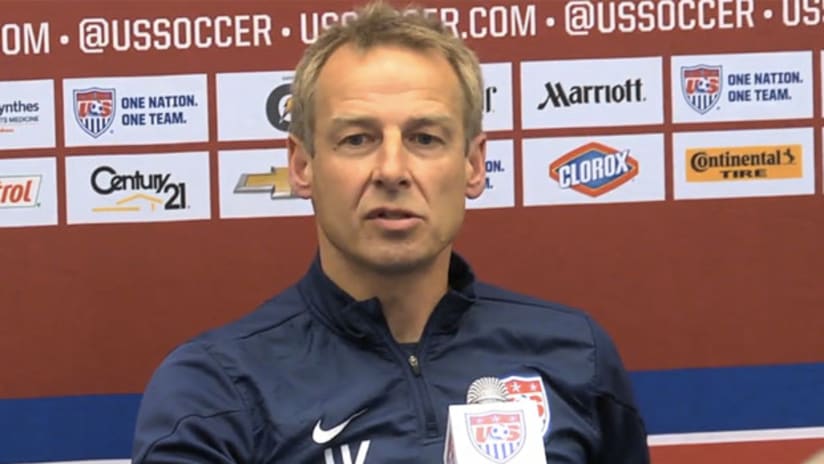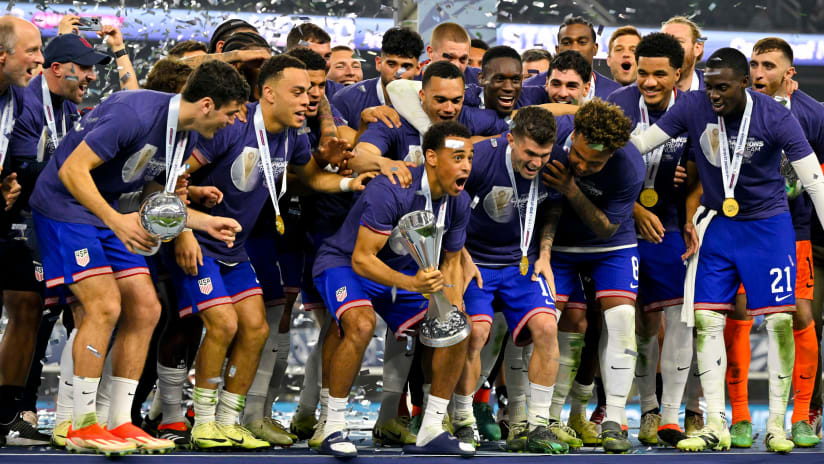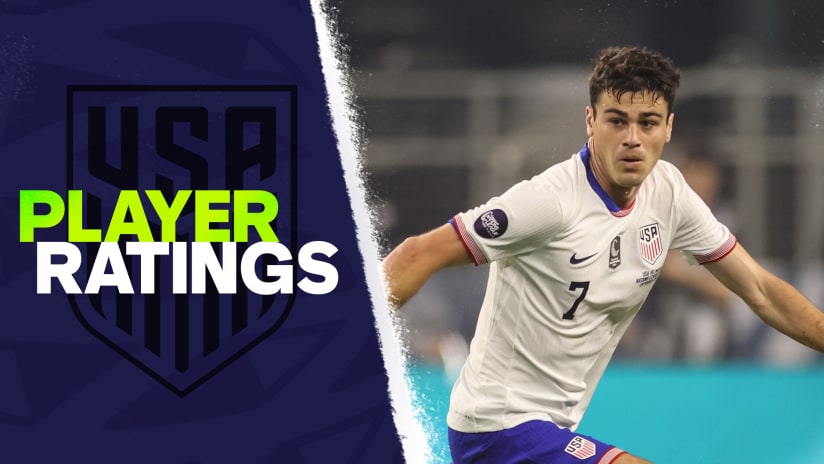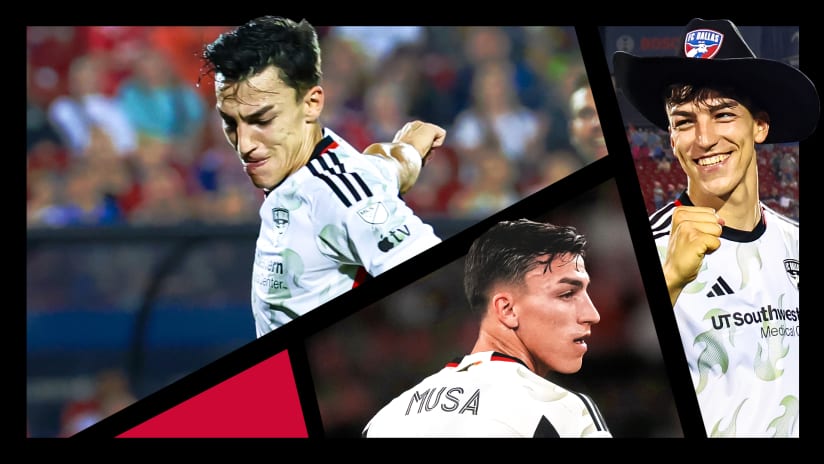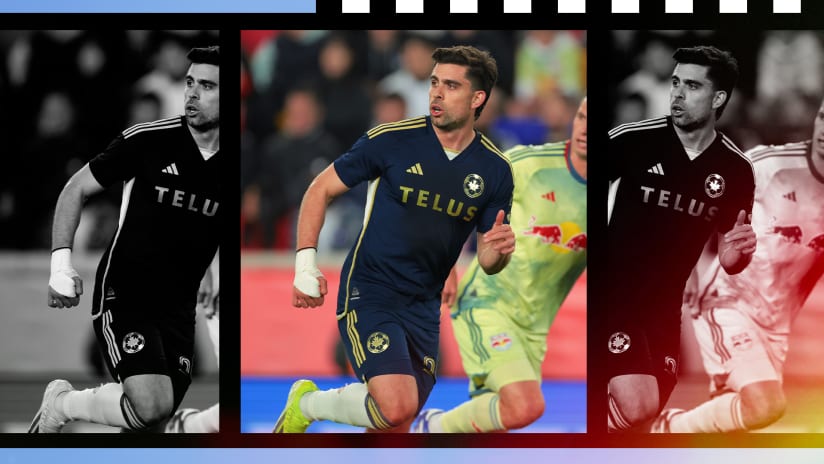US national team coach Jurgen Klinsmann extolled his adopted country's embrace of the beautiful game in a profile by Deutsche Welle, reiterating that the main long-term goal of his tenure is to lead the USMNT into the World Cup semifinals.
Deutsche Welle, the overseas broadcasting network which is Germany's equivalent to Voice of America or the BBC World Service, sat down with Klinsmann during the USMNT's January camp at StubHub Center in Carson, California to discuss the expatriate German's work with the USMNT.
“Sure, the US is a soccer country. Millions of people here play the game,” said Klinsmann. “It's not yet as big as it is in Germany, Spain or Brazil – but it has to share that interest with the big sports here, like baseball, American football, basketball and ice hockey.
“It's going to keep on catching up, and I think it already has a solid base. So now it's all about going those next few steps up and winning increasing international respect.”
While DW's feature expressed skepticism about the game's place here, Klinsmann hailed the burgeoning soccer culture in the United States, where he has lived since the conclusion of his legendary playing career.
“I was 19 when I came here for the first time, with Stuttgarter Kickers [in the 1980s],” recalled Klinsmann, who would later marry an American and settle in Southern California to start his family. “We played two friendlies but soccer was basically invisible.
“Watching how soccer has progressed over those 30 years is like a little fairy tale.”
Conducting the wide-ranging interview in his native German, Klinsmann explained the impact of the 2014 World Cup, the latest high-water mark in soccer's steady growth on the US sports landscape.
“The crucial thing was Americans understanding how emotional soccer can be,” he said. “Seeing all those people partying together at fan zones or at a sports bar, or in the stadium itself, including the ups and downs, helps to connect people. And 2014 saw that emotional breakthrough among the American people.
“We had the most fans in Brazil, except the hosts. We had a fan presence everywhere, it was almost like having home games. There had never been that level of identification before.”
Klinsmann called his role in US soccer's progression “a huge privilege,” and indirectly compared that evolution to the one he helped lead as Germany's head coach from 2004-06.
“I think it was right to say soccer has made it in the US, but there's still room for development,” he said. “Now we need a few more years to work on it, and hopefully one day we'll make it to the semis at a World Cup. That's our big aim.”

